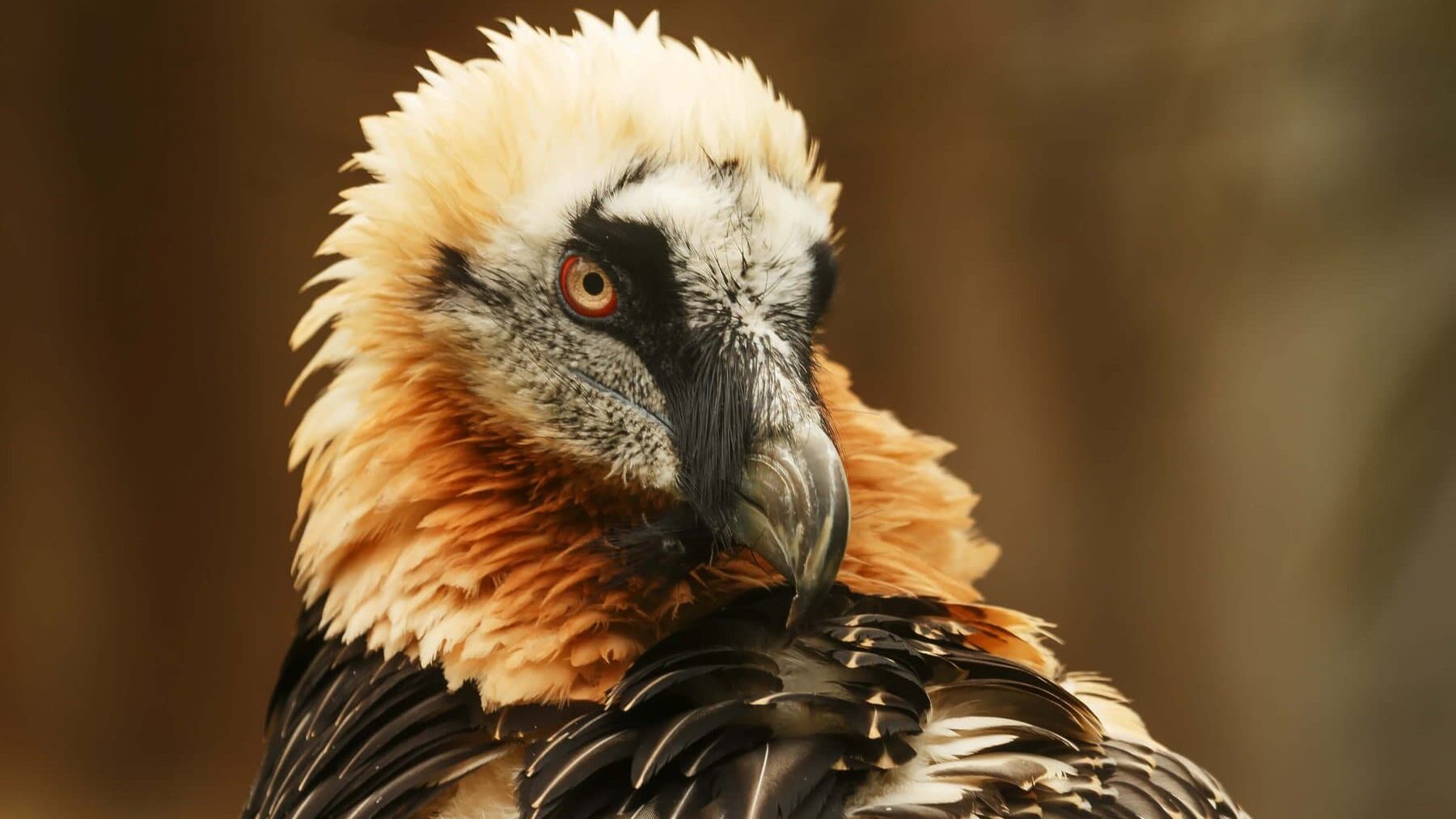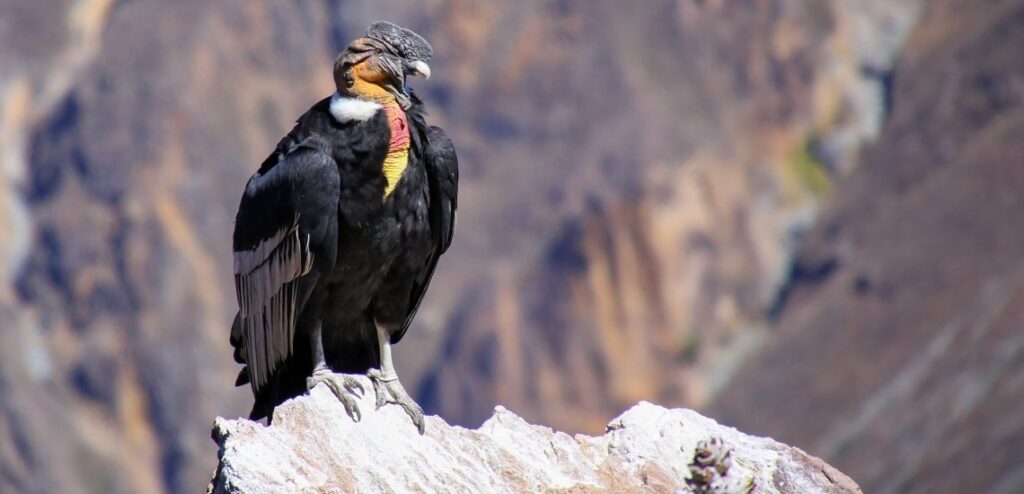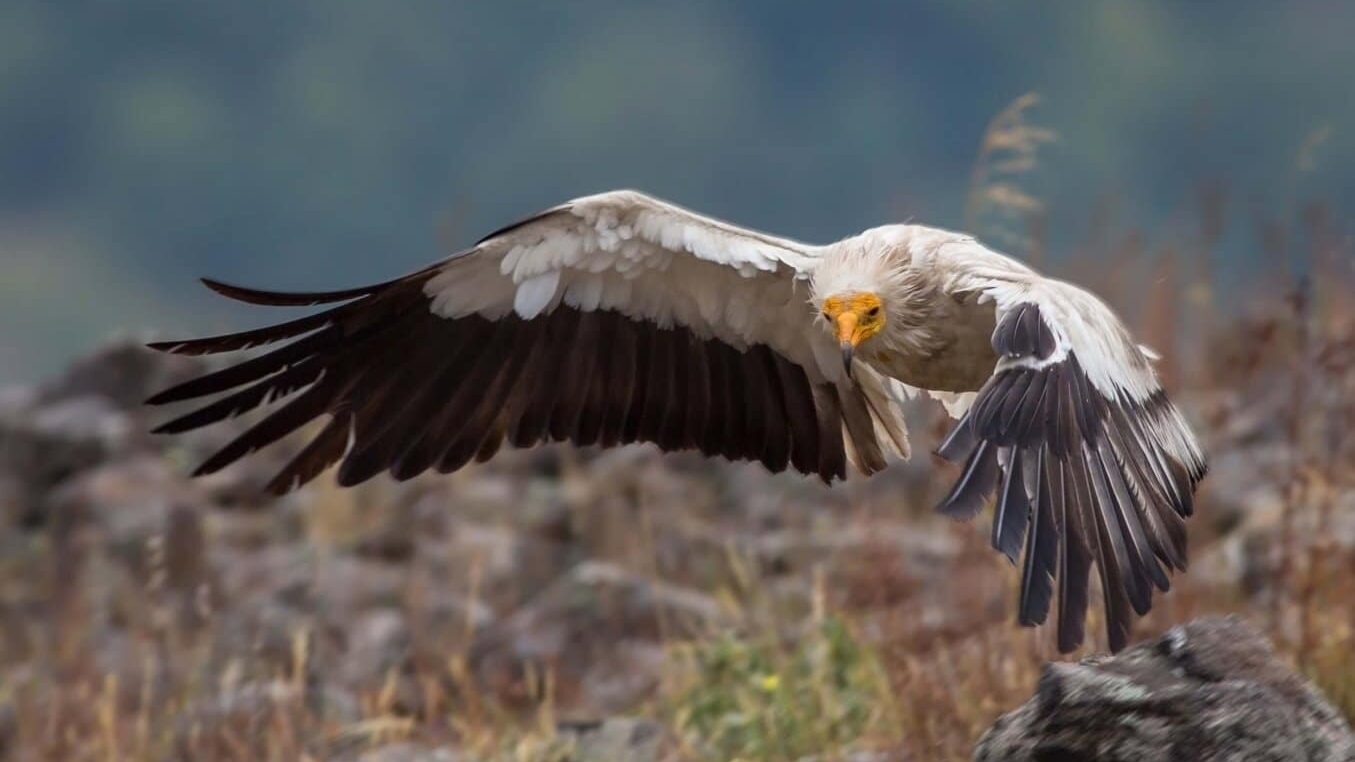Become a species champion
Join the ever growing community of Species Champions supporting our work to prevent extinctions
As a global Partnership, we believe in internationalism. We have translated as much content in your language as our resources allow. Please visit the English language site to view all of our content.

Let’s face it: vultures are special. Part of human culture, they are seen as disgusting by some, yet loved by others (including us and you).
Asia’s vultures have suffered some of the fastest population declines ever recorded in a bird, and Africa’s recent severe declines mean that now most “Old World” vultures are on the edge of extinction.
In 2015 BirdLife International made an announcement that sent shockwaves through the conservation community: Africa’s vultures are on a steep slide towards extinction. In all, six of Africa’s 11 vulture species were placed in a higher extinction risk category – reflecting sharp populations declines that brought to mind the catastrophic collapse of Asia’s vultures in the 1990s.
Family: Accipitridae, Cathartidae
Diet: Carnivore
Life span: Up to 30 years
Wingspan: Up to 320cm (Andean Condor)
Weight: Up to 15kg (Andean Condor)
Group name: Kettle (in flight), Committee (resting), Wake (feeding)
Saving Africa’s Vultures
In Africa, vulture populations have declined by up to 97% due to poisoning, belief based use and electrocutions & collisions with power infrastructure among other factors. BirdLife partners across the continent are working to stem this decline, through various interventions.
Vulture species are divided into two groups.
“Old World” vultures live across Africa, Europe and Asia. There are 15 living species of Old World vulture. “New World” vultures inhabit north and south America. There are seven species of New World vulture.
Although often clumped together, the two groups are not closely related. Instead, their similar appearances have evolved through convergent evolution, since both sets of birds are fine-tuned scavenging machines.
Of the 22 vulture species, 14 are globally threatened with extinction.

Poisoning is the biggest threat to vultures.
Across Africa and Southeast Asia, vultures have suffered catastrophic and unprecedented population declines, mainly because of poison.
The main cause is the poisoning of carcasses on which they feed; whether the vultures are the intended or accidental victims, they are the most efficient scavengers and so suffer the worst losses, in some cases dropping dead from trees or out of the air within metres of a poisoned carcass.
In the last 50 or so years, populations of seven of the 11 African vulture species have plummeted by 80–97%, and four species are now Critically Endangered.
For several years, BirdLife has been pushing for a strong intergovernmental policy on the veterinary use of diclofenac and similar non-steroidal anti-inflammatory drugs. These painkillers are often used on livestock, but are deadly to vultures that scavenge on their carcasses. Finally, in February 2020, a resolution adopted by the UN Convention on the Conservation of Migratory Species covered their use and regulation as never before, offering new hope.

11 of 16 African-Eurasian vulture species are at risk of extinction in our lifetimes.
Join the ever growing community of Species Champions supporting our work to prevent extinctions
Our evidence-backed approach ensures your money will always go where it’s needed most
Join a worldwide community of people who care about birds and conservation, and help to make a real difference